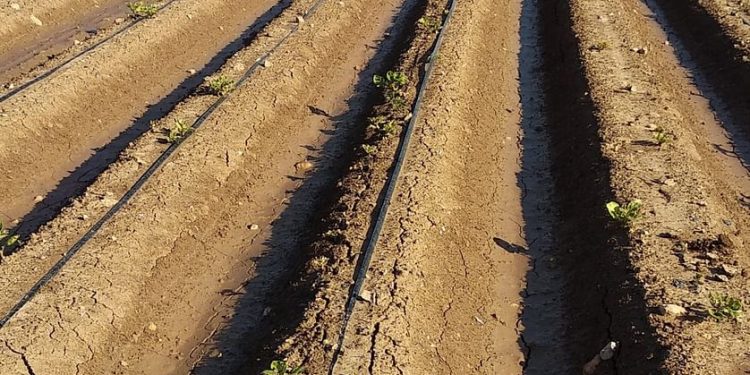#Spain #agriculture #potatofarming #seedchallenges #cropquality #emergingvarieties #farmingresilience #agriculturaltrends #climateimpact #cropmanagement
In Castilla y León, the heartland of Spain’s agricultural production, the anticipated scarcity of certified potato seeds appears less dire than initially feared. While there’s a slight reduction in planted hectares, most farmers have managed to procure desired volumes by blending various varieties and sizes. However, the exorbitant prices of potato seeds this year have posed a significant challenge, leading to unprecedented market fluctuations.
“It’s been tougher than usual; farmers have had to source from multiple suppliers, mixing different varieties and sizes, but ultimately, most have secured the seed they need.”
A silver lining amid these challenges is the increased presence of younger potato varieties. This season’s more heterogeneous landscape may pave the way for emerging varieties like HIND, NOHA, TORNADO, KINGSMAN, BAROQUE, or LARISSA, offering promising commercial prospects.
Regarding seed quality, it’s not the most favorable year for potato planting. Climatic stresses during crop development across Europe and issues with rainfall during harvesting have led to various problems for Spanish farmers. Fusarium, rot, and insect infestations top the list of concerns, prompting numerous complaints and challenges.
Despite initial concerns, Spain’s spring planting season brings hope amid challenges. While farmers navigate seed scarcity and quality issues, the emergence of new potato varieties hints at resilience and adaptation within the industry.







